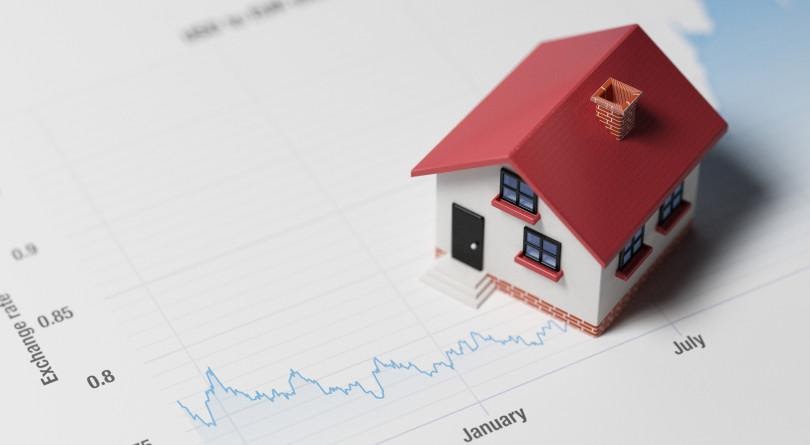With 2020 being a year of challenges, the real estate sector has felt the crunch in the economy. The uncertainties offer the right time for investors to plan for the long-term. After a reduction in property prices in the first half of the year, it is vital to prospect about the future. The process of buying and selling at movoto is continuing amidst the challenges in the economy. As long as people live, the market will continue to exist since there will always be someone out there who wants to own or sell a home.
Here are trends in 2020 that you should know about;
-
Properties are slowly increasing in value
In 2019, the prices of houses were increasing at a margin of close to 5%. Currently, the prices are clawing their way back to the pre-COVID season. Experts in the real estate sector believe that the trend will continue in the remainder of the year. It does not mean that there will be a spike in prices since the coronavirus pandemic is still on. The prices will rise slowly, and the experts project an overall growth of 4% for the year.
- Impact on sellers; houses are still profitable now, and sellers can still make good money. On the other hand, financial institutions will gain an advantage over real estate firms. They will price their properties outside the market conditions. It is critical to have the best deal that a potential buyer cannot resist. Remember that most people are not in a hurry to purchase homes at the moment. Working with agencies helps in understanding the risks and how to mitigate them.
- Impact on Buyers; before buying a house at the current economic conditions, consider if you can afford it. Calculate the amount that you are going to pay every month against what you will be earning. It is advisable not to go beyond the 25% margin. Raising a large sum of the total during the down payment is a way of avoiding taking up insurance. Consider a long-term contract of more than 15 years to make the payment affordable.
-
Low-Interest rates for Mortgages
With the economy suffering, interest rates on mortgages seem to remain low for the foreseeable future. The industry is experiencing an all-time low for more than five years. With homeowners choosing to refinance their homes to take advantage of the situation, mortgaging companies will not lack business.
- Impact on sellers; when the rates are low, more people are willing to buy. Finding an interested person in the property will not be difficult. On the other hand, once the interests go up, a property can take more time in the market.
- Impact on buyers; although interests are low, it is vital to avoid being ripped off. Soon as the economy stabilizes, you might stick to paying extra costs that you would avoid by taking a mortgage at a fixed rate.
-
The majority of the buyers are millennial
Currently, millennials are making up most people buying houses. Looking at social media platforms, you will see young adults flaunting their new homes. It is a trend that is likely to continue into the near future and beyond.
- Impact on sellers; most millennials use the internet to find properties that suit their taste and lifestyle. It is the ideal house hunting platform before they purchase. By enlisting properties on digital platforms, sellers can gain access to the booming market. Include things that are beneficial to the millennial when advertising. It includes; mode of transport from the site, accessibility to social amenities, and internet connectivity. Things such as a garage, front lawn, patio, and pantry in modern homes appeal to the age-group.
- Impact on buyers; prices for houses in urban areas and its suburbs will become competitive. With the Millenials being aggressive in the market, other buyers need to make an offer sooner rather than later. Making use of a real estate agent will help in finding your dream house with minimal effort. That is how most of the trending buyers own property.
Indicators of what to expect in the future
Although the demand for houses reduced, it shows signs of recovering. Lessons learned in the past are playing a critical role in keeping the real estate industry afloat. Let us look at what awaits the market post-COVID;
Movement from urban centers
For a while now, more people are buying houses away from the cities. The main reason is congestion and traffic in the streets. The trend will likely continue after the pandemic because more people want to move from urban centers to quieter places. With an organization allowing employees to work from home, it is likely for professionals to consider relocating to the outskirts.
Higher down payment
Since the start of the pandemic, lenders have been cautious about how they transact. Unlike previous years, the financial entities are now asking for a higher ration in down payment. The main reason is to minimize the exposure to the risk of buyers defaulting. It can be beneficial to an opportunistic buyer who will opt to sell the property after a while. The paid amount acts as your share in the house.
Homeowners transition to bigger spaces
With the low-interest rates and prices on homes, owners are likely to upgrade their spaces. It is the best time for transition buyers to find the house they want at the right price. Realtors and developers predict that spacious homes will sell faster post-COVID than before.
Conclusion
The real estate market will recover slowly, and buyers can take advantage of the situation. Transactions will continue to happen as the industry seek to find a balance. The prices of houses during economic recession stay flat or grow slowly. Whether you are a first-time buyer, transitioning, or refinancing, a real estate agent is critical to your search. The expertise and experience of the personnel will make your homeownership process easy.
